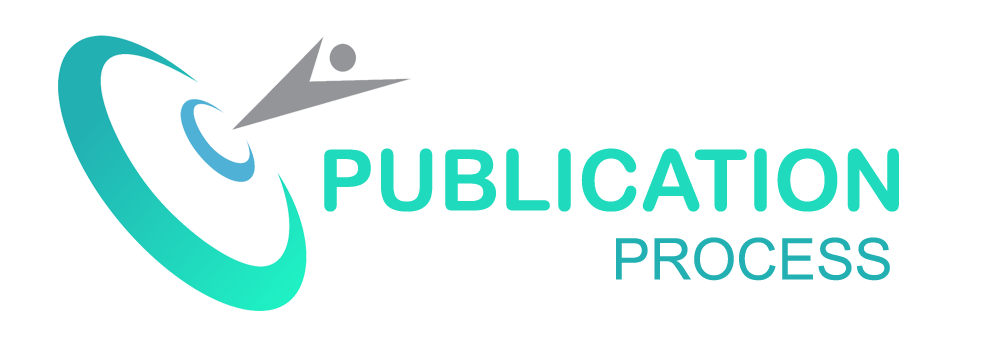MANFAAT WISATA TUGU KEBULATAN PROKLAMASI DI RENGASDENGKLOK KARAWANG BAGI MASYARAKAT LOKAL SEBAGAI PELUANG USAHA UNTUK MENINGKATKAN TARAF HIDUP SEBAGAI PEDAGANG KECIL.
DOI:
https://doi.org/10.36805/manajemen.v2i2.296Abstract
Abstrak Tugu Kebulatan Proklamasi (TKP) as a destination of heritage tourism in Rengasdengklok, Karawang, has given opportunity to many local residents to increasing their income for better family economic. Researcher found in observed that characteristic of small business from TKP area was on food bussiness and cloths. In holiday time, many small traders (pedagang kecil) for the local visitor or tourism was offered besides food, small traders such as toys for children and other specification of children’s game. But for this research, researcher just focus on local or ordinary foods. Small traders offering the local food and ordinary food, like gorengan, mie ayam, bakso, es kelapa, and serabi, ordinary drink like, coffee and other thing that they can offer. Some time they (as a small traders) offer the mie ayam and provided the drink too, such as tea or mineral water and so on. Five (5) small traders which interviewed feel the positive impact from the existences of TKP. From five (5) small traders, their income were between Rp 3,000,000 until 9,000,000 per month, the average of their income was Rp 5,800,000. This income very convenience for local residents if they want to take food for business. According to the mandate of article (pasal) 31 paragraph (ayat) (4) number of law 10 in 2009 about the tourism, that the aim of tourism is to increase economic growth and people welfare. With tourism, people or local resident could increase with many opportunity for small economic problems. Key words: TKP Tourism, opportunity, local residents, increase income, positive impact, small traders, economic growth.Downloads
References
DAFTAR PUSTAKA
Arslanturk, Yalcin at all. 2011. Time-verying linkages tourism receipts and economic growth in a small economic. Journal Economic Modelling.
Franz Schubert, Stefan at all. 2011. The impact of international tourism demand on economic growth of small economies dependent on tourism. Journal Tourism Management, 377-385.
J. Moleong, Lexy. 2014. Metodologi Penelitian Kualitatif. Remaja Rosda Karya. Bandung.
Pearce, Douglas. 1989. Tourist Development. Second edition.
Poudel, Surya at all. 2016. Stakeholders’ Perspectives of Sustainable Tourism Development: A New Approach to Measuring Outcomes. Journal of Travel Research, Vol. 55(4) 465-480
Priono, Yasser.2011. Studi Dampak Pariwisata Bukit Batu Kabupaten Kasongan Ditinjau Dari Aspek Ekonomi, Sosial Dan Budaya. Jurnal Perspektif Arsitektur, Vol. 6/No. 2, Desember 2011.
Rahayu Agustin, Sri. Harian Pikiran Rakyat. Minggu (14/02/2016)
Sim, Rebecca. 2009. Food, place and authenticity: local food and the sustainable tourism experience. Journal of Sustainable Tourism, ISSN: 0966-9582 (print) 1747-7646 (online).
Sugiyono.2012. Metode Penelitian Kuantitatif, Kualitatif dan R&D. Alfabeta. Bandung
Peraturan Menteri Dalam Negeri Republik Indonesia No. 41 Tahun 2012. Tentang Pedoman Penataan dan Pemberdayaan Pedagang Kaki Lima. www.kemendagri.go.id
Undang-Undang Republik Indonesia No. 20 Tahun 2008. Tentang Usaha Mikro, Kecil dan Menengah. www.ojk.go.id
Undang-undang Republik Indonesia No. 10 Tahun 2009 Tentang Kepariwisataan. www.kemenpar.go.id
Downloads
Published
Issue
Section
License
Authors who publish in Jurnal Manajemen dan Bisnis Kreatif agree to the following terms:
- Authors retain copyright and grant the journal right of first publication with the work simultaneously licensed under a Attribution-ShareAlike 4.0 International (CC BY-SA 4.0) License that allows others to share the work with an acknowledgment of the work's authorship and initial publication in this journal.
- Authors are able to enter into separate, additional contractual arrangements for the non-exclusive distribution of the journal's published version of the work (e.g., post it to an institutional repository or publish it in a book), with an acknowledgment of its initial publication in this journal.
- Authors are permitted and encouraged to post their work online (e.g., in institutional repositories or on their website) prior to and during the submission process, as it can lead to productive exchanges, as well as earlier and greater citation of published work (See The Effect of Open Access).








